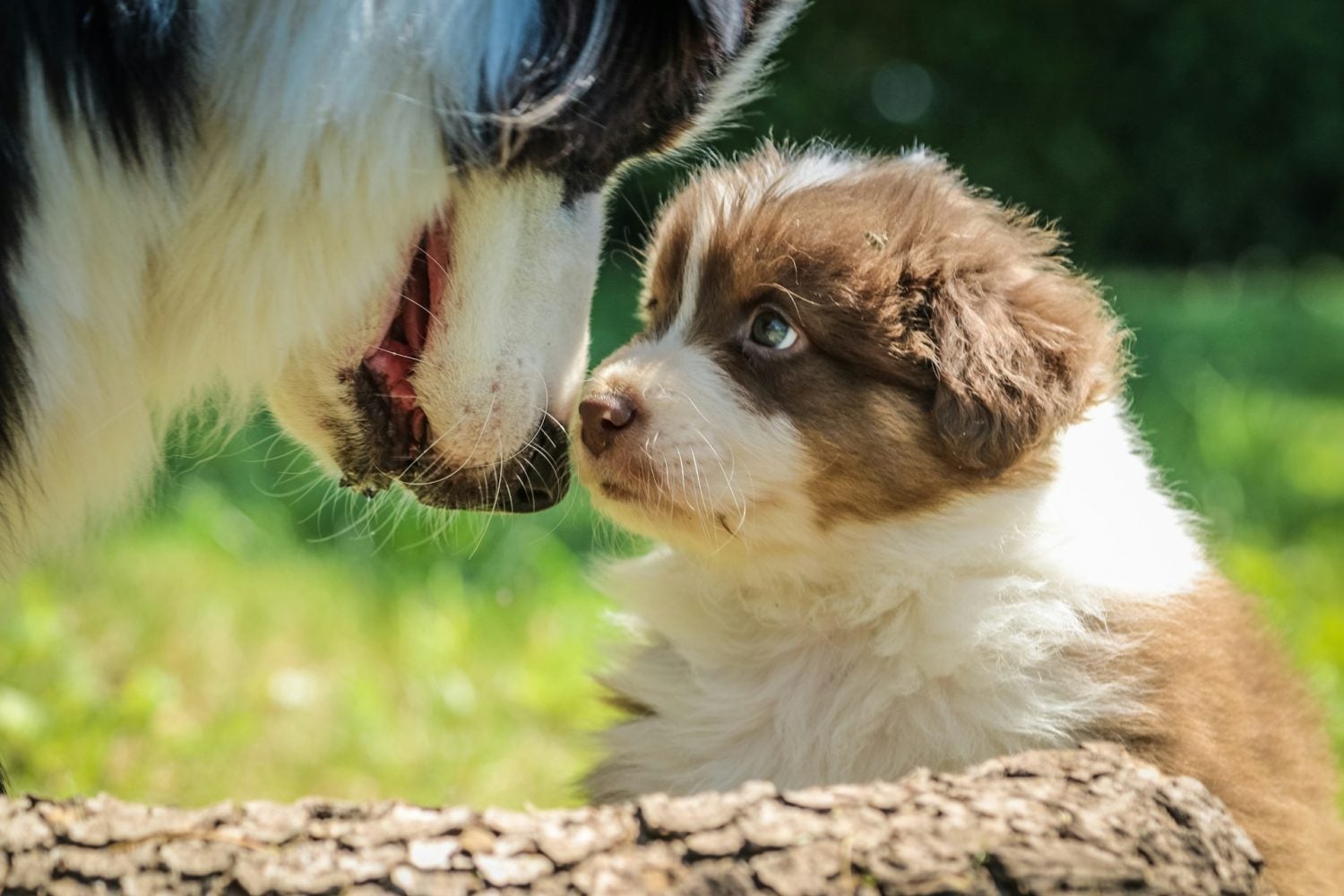As a responsible dog owner, you want your furry companion to lead a happy, healthy, and well-adjusted life.
One crucial aspect of ensuring your dog’s overall well-being is proper socialization. Socialization involves exposing your dog to a wide variety of people, animals, environments, and experiences in a positive and controlled manner. By prioritizing socialization from an early age and continuing throughout your dog’s life, you can help them develop into a confident, well-behaved, and adaptable canine citizen. In this article, we’ll explore the importance of socialization and provide practical tips for helping your dog thrive in various environments.
The Critical Window for Socialization
Puppies go through a critical period for socialization between the ages of 3 and 16 weeks. During this time, they are most receptive to new experiences and are more likely to accept novel stimuli without fear. Exposing your puppy to a diverse array of people, animals, sights, sounds, and textures during this critical window can help prevent fear and anxiety later in life.
However, it’s important to note that socialization should not end after the puppy stage. Continuing to expose your dog to new experiences throughout their life can help maintain their confidence and adaptability.
Benefits of a Well-Socialized Dog
A well-socialized dog enjoys numerous benefits, including:
- Reduced fear and anxiety: Dogs that have been exposed to a variety of experiences are less likely to develop fear or anxiety in new situations.
- Improved behavior: Well-socialized dogs tend to be more well-behaved and less likely to exhibit problem behaviors such as aggression or excessive barking.
- Increased adaptability: Dogs that have been socialized to various environments and stimuli are better equipped to handle changes and new situations with confidence.
- Enhanced bond with their owner: Socialization often involves positive experiences shared between the dog and their owner, strengthening the bond between them.
By investing time and effort into socializing your dog, you can help them become a well-adjusted and happy companion.
Techniques for Effective Socialization
Effective socialization involves exposing your dog to new experiences in a positive, controlled, and gradual manner. Some techniques for successful socialization include:
- Positive reinforcement: Use treats, praise, and toys to create positive associations with new experiences. Reward your dog for calm, confident behavior in the presence of novel stimuli.
- Gradual exposure: Introduce new experiences gradually, starting with low-intensity exposure and gradually increasing the intensity as your dog becomes more comfortable. For example, when introducing your dog to new people, start with a calm, dog-friendly person at a distance and gradually decrease the distance as your dog remains relaxed.
- Short, frequent sessions: Aim for short, frequent socialization sessions rather than long, overwhelming exposures. This allows your dog to process new experiences without becoming stressed or overtired.
- Respect your dog’s comfort level: Pay attention to your dog’s body language and respect their comfort level. If your dog appears frightened or overwhelmed, calmly remove them from the situation and try again later at a lower intensity.
Remember, socialization should be a positive experience for your dog. If at any point your dog appears stressed or fearful, take a step back and reevaluate your approach.
Socialization in Various Environments
To help your dog thrive in a wide range of environments, it’s essential to expose them to a variety of settings and situations. Some key environments to focus on include:
- Home environment: Introduce your dog to various sights, sounds, and textures within your home, such as different flooring types, household appliances, and common noises like the vacuum cleaner or doorbell.
- Outdoor environments: Expose your dog to different outdoor settings, such as parks, beaches, hiking trails, and urban areas. This helps them become comfortable with various terrains, weather conditions, and environmental stimuli.
- Social environments: Introduce your dog to a variety of people, including individuals of different ages, genders, and ethnicities, as well as people wearing hats, glasses, or uniforms. Encourage positive interactions with other dogs, starting with calm, well-socialized canines.
- Transportation: Help your dog become comfortable with car rides, public transportation, or any other modes of transport they may encounter.
By exposing your dog to a wide range of environments and experiences, you can help them develop into a confident and adaptable companion.
Socialization and Safety
While socialization is crucial for your dog’s development, it’s important to prioritize safety during the process. Some safety considerations include:
- Vaccination status: Ensure your dog is up-to-date on their vaccinations before exposing them to other dogs or public places to minimize the risk of infectious diseases.
- Controlled environments: Choose controlled, dog-friendly environments for socialization, such as puppy classes or organized playdates with well-socialized dogs.
- Supervision: Always supervise your dog during socialization experiences, especially when interacting with other dogs or people.
- Secure spaces: When socializing your dog outdoors, use secure spaces like fenced yards or designated off-leash areas. Products like GPS dog fences can provide an added layer of safety by creating a virtual boundary for your dog.
By prioritizing safety during socialization, you can help your dog build confidence and social skills while minimizing the risk of negative experiences.
Overcoming Socialization Challenges
Some dogs may face challenges during the socialization process, such as fear, anxiety, or reactivity. If your dog struggles with socialization, consider the following tips:
- Seek professional help: Consult with a certified professional dog trainer or behaviorist who can provide personalized guidance on addressing your dog’s specific challenges.
- Use positive reinforcement: Focus on creating positive associations with challenging stimuli through the use of treats, praise, and toys.
- Take it slow: Move at your dog’s pace and avoid overwhelming them with too much too soon. Celebrate small successes and gradually increase the intensity of exposure as your dog becomes more comfortable.
- Manage the environment: Use tools like visual barriers, calming aids, or distance to help your dog feel more comfortable in challenging situations.
Remember, every dog is unique, and some may require more time and patience when it comes to socialization. Be consistent, compassionate, and celebrate your dog’s progress along the way.
Conclusion
Socialization is a vital component of responsible dog ownership, helping your furry companion develop into a confident, well-behaved, and adaptable canine citizen. By exposing your dog to a wide variety of people, animals, environments, and experiences in a positive and controlled manner, you can help them thrive in various settings throughout their life.
Start socialization early, during your puppy’s critical development window, and continue the process throughout their life. Use positive reinforcement, gradual exposure, and short, frequent sessions to make socialization a positive experience for your dog. Prioritize safety by choosing controlled environments, supervising interactions, and ensuring your dog is up-to-date on vaccinations.
If your dog faces challenges during socialization, seek professional help and focus on creating positive associations through patience and consistency. With dedication and a thoughtful approach, you can help your dog build the social skills and confidence they need to navigate the world with joy and resilience.
Remember, a well-socialized dog is a happy dog, and by investing time and effort into the socialization process, you’re giving your furry friend the gift of a fulfilling and well-adjusted life. Embrace the journey of socialization and cherish the bond it strengthens between you and your beloved canine companion.


















